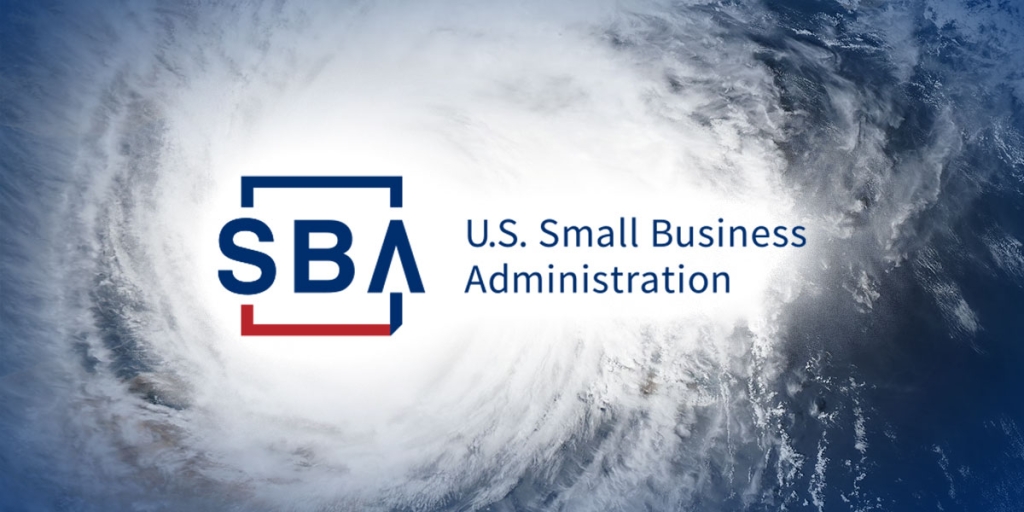When Mark and Susan Anderson were required by a statewide mandate to close the doors of their Dothan clothing and outdoor gear store, Eagle Eye Outfitters, they felt like it was a necessary sacrifice for the good of public health. By limiting retail shopping to essential items such as groceries, prescriptions, and fuel, the governor’s order takes a great many people off the streets.
Hopefully, it slows the spread of the rampant COVID-19 virus. But the closure is incredibly painful for owners like them: it has forced them to furlough more than 150 employees, and the massive loss of revenue will leave a mark on their business for years.
What the Andersons don’t understand was how it is fair for one of their local competitors, the national chain Academy Sports and Outdoors, to continue selling the same types of apparel and outdoor gear.
In this case, the loophole for Academy is their small firearms counter. Guns and ammunition are considered essential under the current order. Therefore, Academy and others who carry firearms have been allowed to continue to do business — even if guns and ammunition are only a small percentage of their overall sales.
One of the unintended consequences of the mandate is that small businesses, which often specialize in a more narrow range of merchandise, are penalized more heavily than their national chain competitors.
You heard that right: businesses owned and operated by Alabamians are absorbing the crushing cost of total closure, while national chains based out of state continue to snatch up what little retail demand still exists in the downturn.
If all businesses operating in Alabama were restricted from selling non-essential goods, small businesses might at least expect to benefit from the pent-up economic demand that will exist once the mandate is lifted. As it is, demand for those goods and services is funneled immediately to the big chains, cutting small business owners out of the deal entirely.
Bob Couch of Couch’s Jewelers feels that his small business is paying a higher price than others, as well. While he is forced to shutter his 75-year-old family jewelry store in downtown Anniston, Wal-Mart is allowed to continue selling jewelry just a short distance away. Because they carry groceries and have a pharmacy, they are allowed to sell anything.
None of the small business owners I spoke with this week felt the retail sales restrictions were unnecessary, given the scope and seriousness of the pandemic. But they think the state government has picked winners and losers with a poorly-conceived order.
They are right. And the governor can correct it today if she chooses.
Vermont heard a similar outcry from its small business community. In response, it amended its closure order so that businesses that remain open to offer essentials are limited to just those sales. In a large department store that offers a variety of goods, selling non-essentials is temporarily prohibited. No more going to Wal-Mart for groceries, but then wandering the aisles looking for a pair of gold earrings or a sleeping bag.
These are trying times for businesses of every size. But there’s no good reason for our own state government to damage Alabama’s small business owners further.
None of us likes the loss of civil liberties, or the freedom to do business as we choose — not even for a day. But if our current public health concerns are so extraordinary as to require such restrictions, the least government can do is ensure that they be equally and fairly applied. Every business operating in this state — big box or main street — should bear its share of the burden.
Dana Hall McCain, a widely published writer on faith, culture, and politics, is Resident Fellow of the Alabama Policy Institute; reach her on Twitter at @dhmccain.
API is an independent, nonpartisan, nonprofit research and educational organization dedicated to free markets, limited government, and strong families, learn more at alabamapolicy.org.













